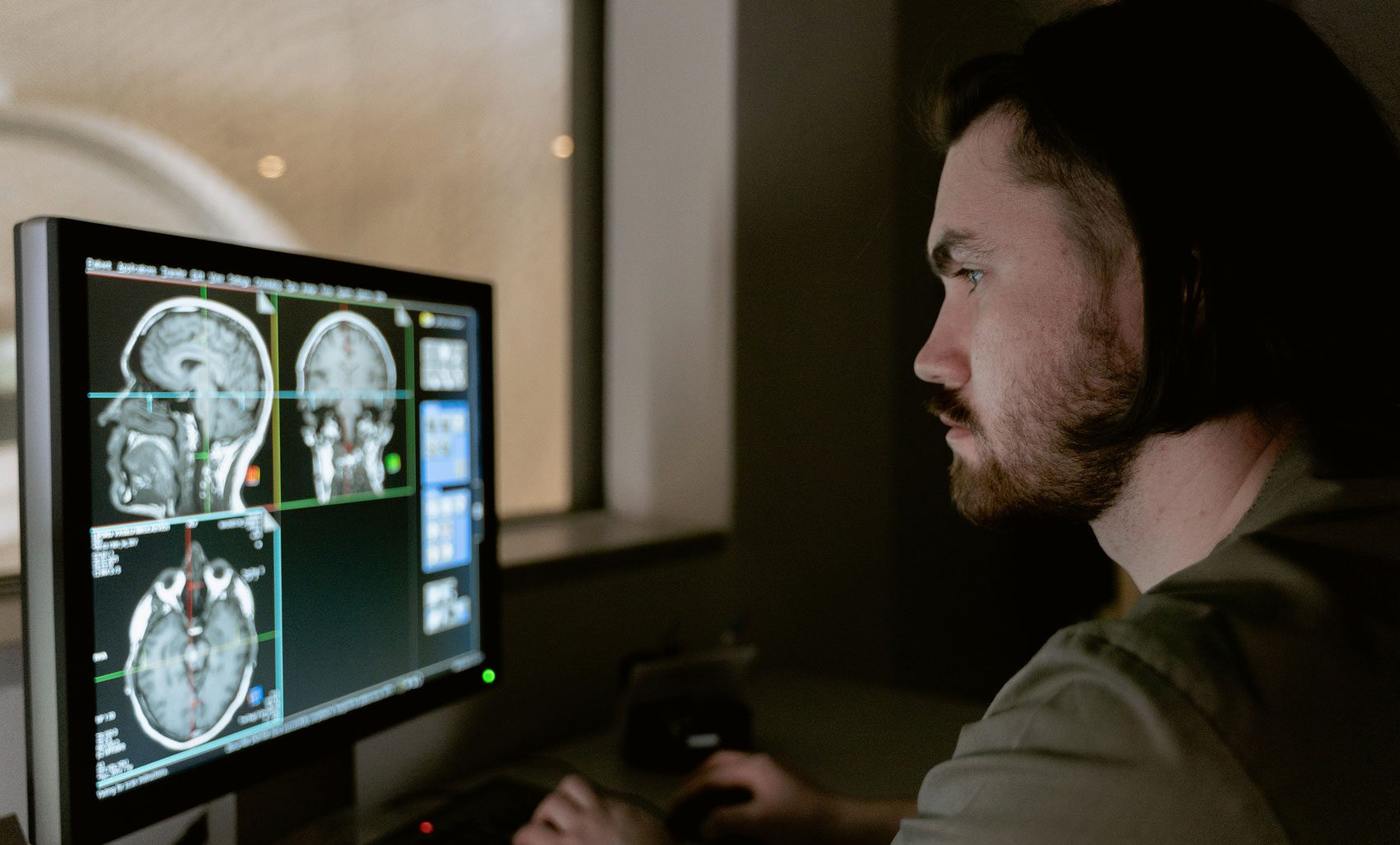Bipolar disorder has been linked to various structural brain changes, including most notably progressive grey matter loss in the brain’s frontal regions. However, it has been mostly unknown whether the changes were caused by bipolar disorder. In a recent article from Nature magazine, Swedish researchers, Christoph Abe´, Carl-Johan Ekman, and colleagues, were able to compare bipolar patients with and without manic episodes and conclude that mania alone was associated with more structural brain damage in bipolar patients. Baseline brain MRI’s were collected for patients diagnosed with bipolar 1 disorder (a more severe form of bipolar disorder), and then followed for six years with subsequent imaging. At the end of the six years, those who had had at least one manic episode or more were compared to the patients with no manic episodes. The results showed a significant volume decrease in the frontal brain regions in patients with mania compared to no mania. The results suggest mania alone could be responsible for brain changes in people with bipolar disorder. It is important to discuss findings like this with patients so they can understand the progressive nature of untreated bipolar disorder and its effect on the brain.
Bipolar disorder usually has serious psychosocial implications, especially if left untreated. It is important for mental health care professionals to impart results like this to patients and families in a caring, thoughtful way and encourage patients with bipolar disorder to consider pharmacologic treatment. Most of all, medication may decrease the risk of manic/depressive episodes and therefore, the amount of damage done to the brain. CalPsychiatry physicians are fully equipped to screen and diagnose patients with bipolar disorder, treat with medication, and help patients on their life-long journey to wellness. Call or book your free consultation with one of our physicians if you suspect you may be struggling with mood episodes.





